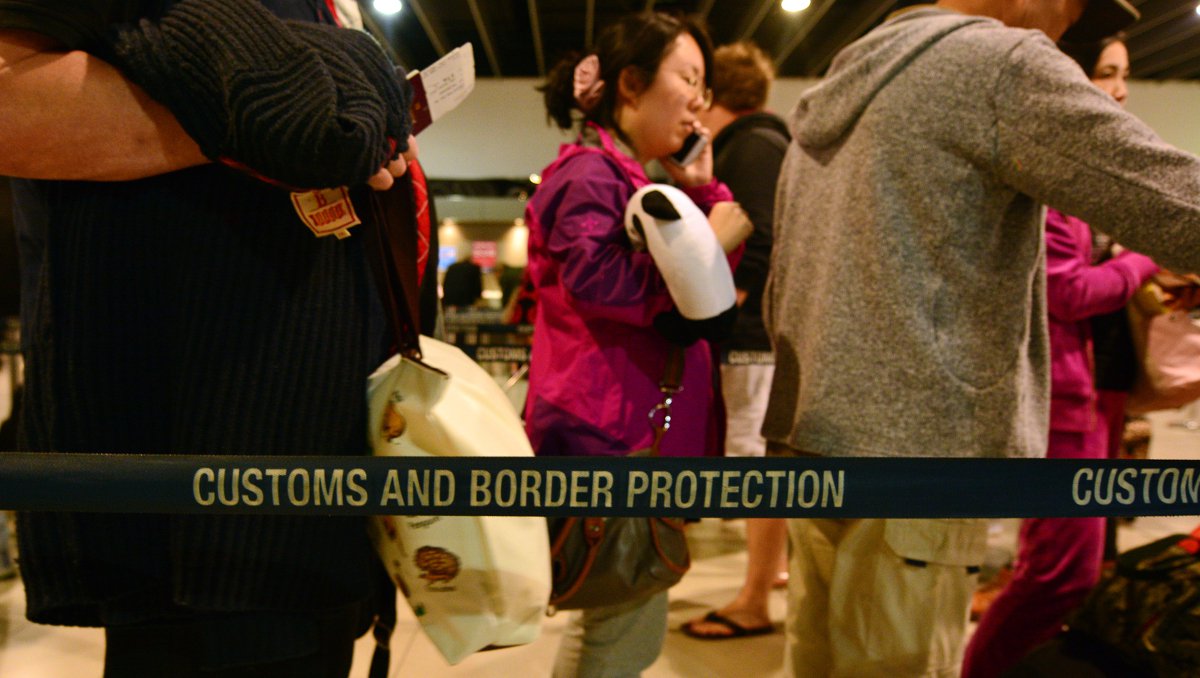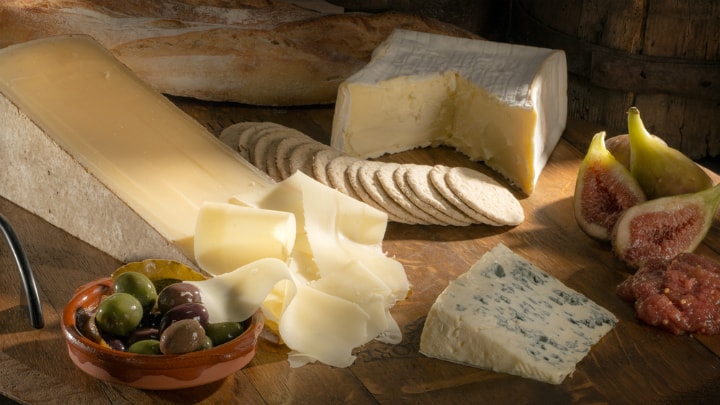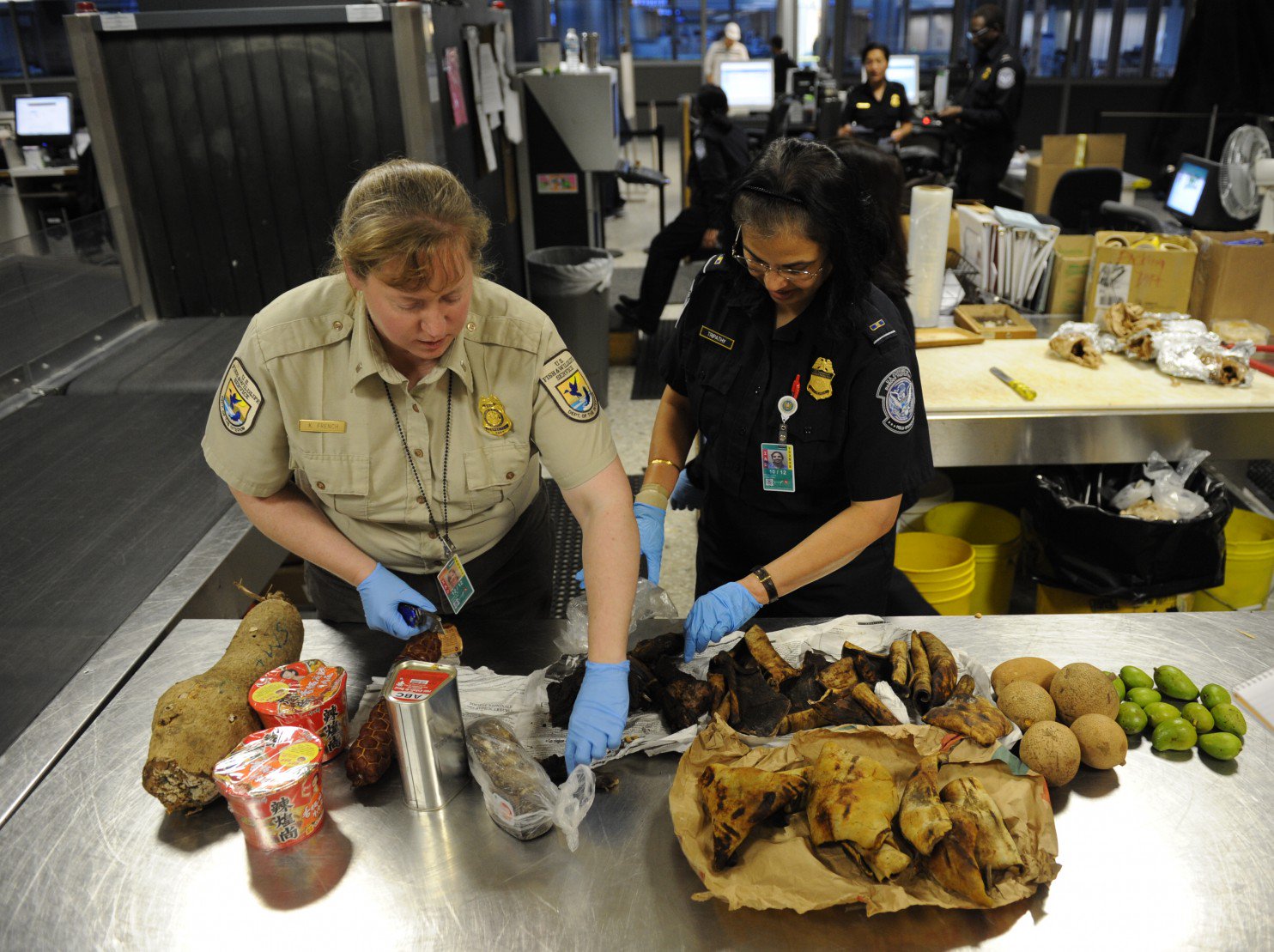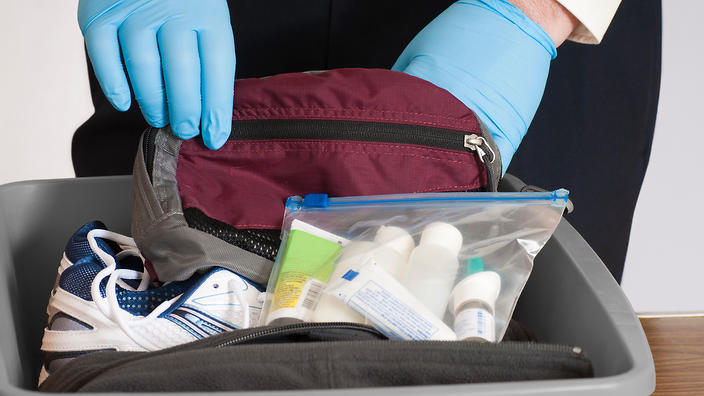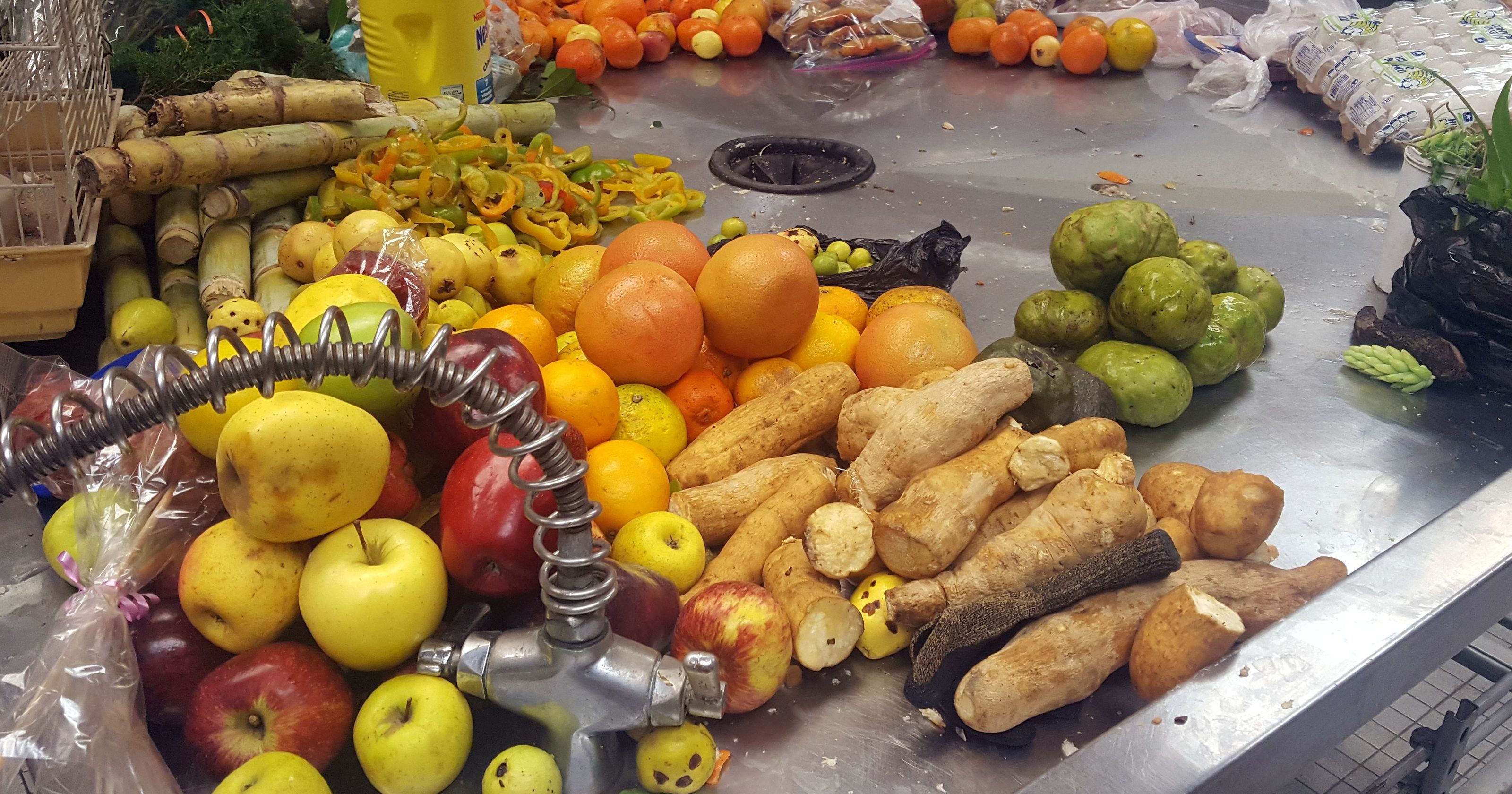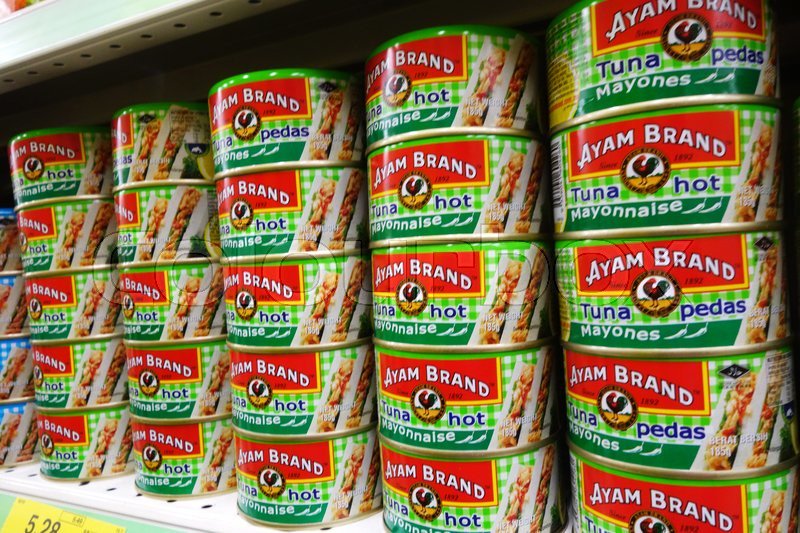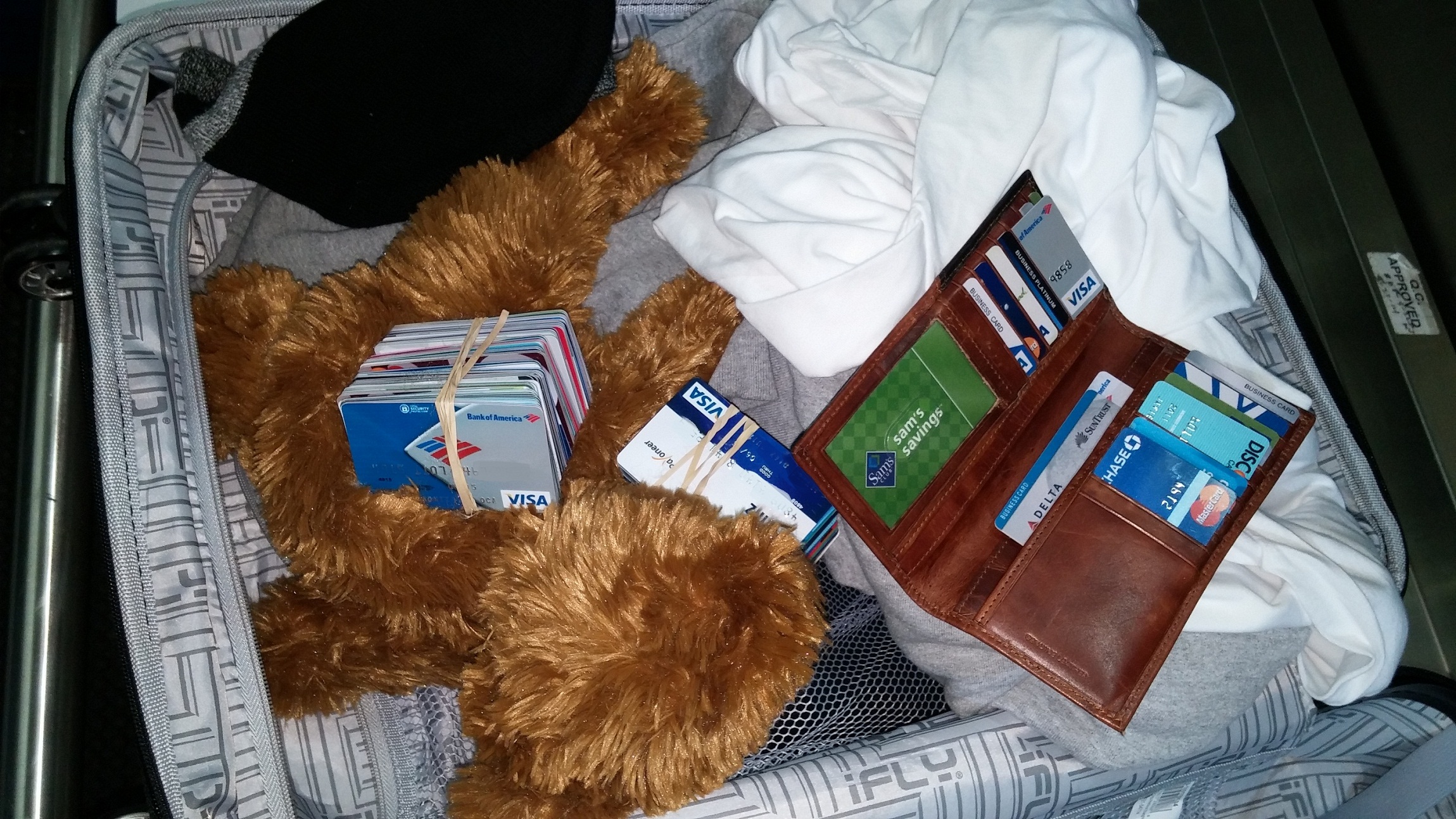These Are The Items You Can And Cannot Bring Into Australia
As of 17 April, travellers to Australia may have their visas shortened or cancelled if they fail to declare prohibited items.
As of 17 April, travellers to Australia may have their visas shortened or cancelled if they fail to declare prohibited items to customs
Special Broadcasting Service (SBS) Australia reported on Tuesday, 16 April, that the new rule came into effect to ensure that the country's agriculture and wildlife are kept safe from pests and diseases.
If you are unsure about the products you are bringing, it is best to declare it anyway. This will help you avoid delays, extra costs, or loss of goods that are considered high risk.
Failing to declare the items or making a false declaration on the Incoming Passenger card can make you:
- subject to civil penalties, or
- be prosecuted, fined more than AUD420,000 (appoximately RM1.2 million), and/or imprisoned for up to 10 years, and get criminal record.
However, if you declare all goods (even if they are prohibited), you will not be penalised under the Biosecurity Act 2015.
So if you're planning a trip Down Under, here's a checklist of things you must declare or are prohibited from bringing into Australia:
1. Dairy and egg products
While biscuits, bread, cakes, chocolates, and confectionery are permitted, cheese, butter, and other dairy products must be declared to Immigration authorities upon arrival.
Take note that food and snacks provided on planes or ships cannot be brought along when alighting.
You can find out more details here.
2. Plants and plant-related materials
Live plants, soil mud, and clay are not permitted. However, seeds are allowed if they follow specific requirements.
Seeds must be free of live insects, soil, disease symptoms, non-permitted seeds, other plant material (such as leaf, stem material, fruit pulp, and pod material), animal material, and any other contamination.
You can read more details here.
3. Medicine and substances
Steroids are prohibited from being brought into Australia. Substances such as hormones and kava, and personal medicines and sedatives must have permits and be declared.
Vitamins, supplements, tobacco, cigarettes, and alcohol must also be declared.
You can find out more details here.
4. Fruits, vegetables, and tea
Fresh and preserved fruit and vegetables must be declared. These include chutney, jam, pickles, and dates.
Other items such as loose herbal tea leaves, dried herbs (including saffron and ginseng), and spices are also required to be declared.
Although maple syrup is allowed, honey products must be declared before arrival.
You can find out more details here.
5. Nuts, seeds, beans, and grains
Grains like rice and nut products must be declared. This also includes noodles and pasta.
Instant noodles are allowed if they follow certain conditions:
- brought in small portions,
- do not contain discernible pieces of meat or egg,
- do not require to be refrigerated, and
- are for personal comsumption of the traveller.
Vegetable and seed oils are allowed into the country but must be clean and free of contaminant seed, soil, and animal or plant debris.
You can find out more details here.
6. Meat items, seafood, and poultry
Fish, meat (canned and uncanned), and prawns and other seafood that comply with regulations must be declared upon arrival.
Uncanned meats from other countries (except for New Zealand) are not allowed into Australia unless accompanied by an import permit.
You can find out more details here.
7. Live animals, animal equipment, and food
Only selected live animals from approved countries are allowed to be imported into Australia.
Pet food and treats, veterinary, grooming, shearing and beekeeping equipment are to be declared before entry.
Eggs, nests, feathers, horns, animal fur, leather skins, and other related products are to be declared as well. This includes wallets, purses, belts, and shoes made out of those materials.
You can find out more details here.
8. Miscellanous items including: camping and sports equipment, camping footwear, and fake designer goods
Hiking boots, fishing equipment, and anything else that can be contaminated with soil, seeds, or water must be declared.
Certain weapons, fireworks, mosquito zappers, and laser pointers must be declared.
However, pepper spray, daggers, electric shock devices, and fake designer goods are strictly prohibited when entering Australia.
You can find out more details here.
9. Seasonal or festive items
The Australian Border Force requires anything related to festivals to be declared before arrival.
Dried and fresh fruits, flowers, nuts, Indian sweets such as burfi, ras malai, rasgulla, and pedas are not permitted.
Meanwhile, mooncakes with no meat and that are commercially prepared and packaged are allowed.
You can find out more details here.
